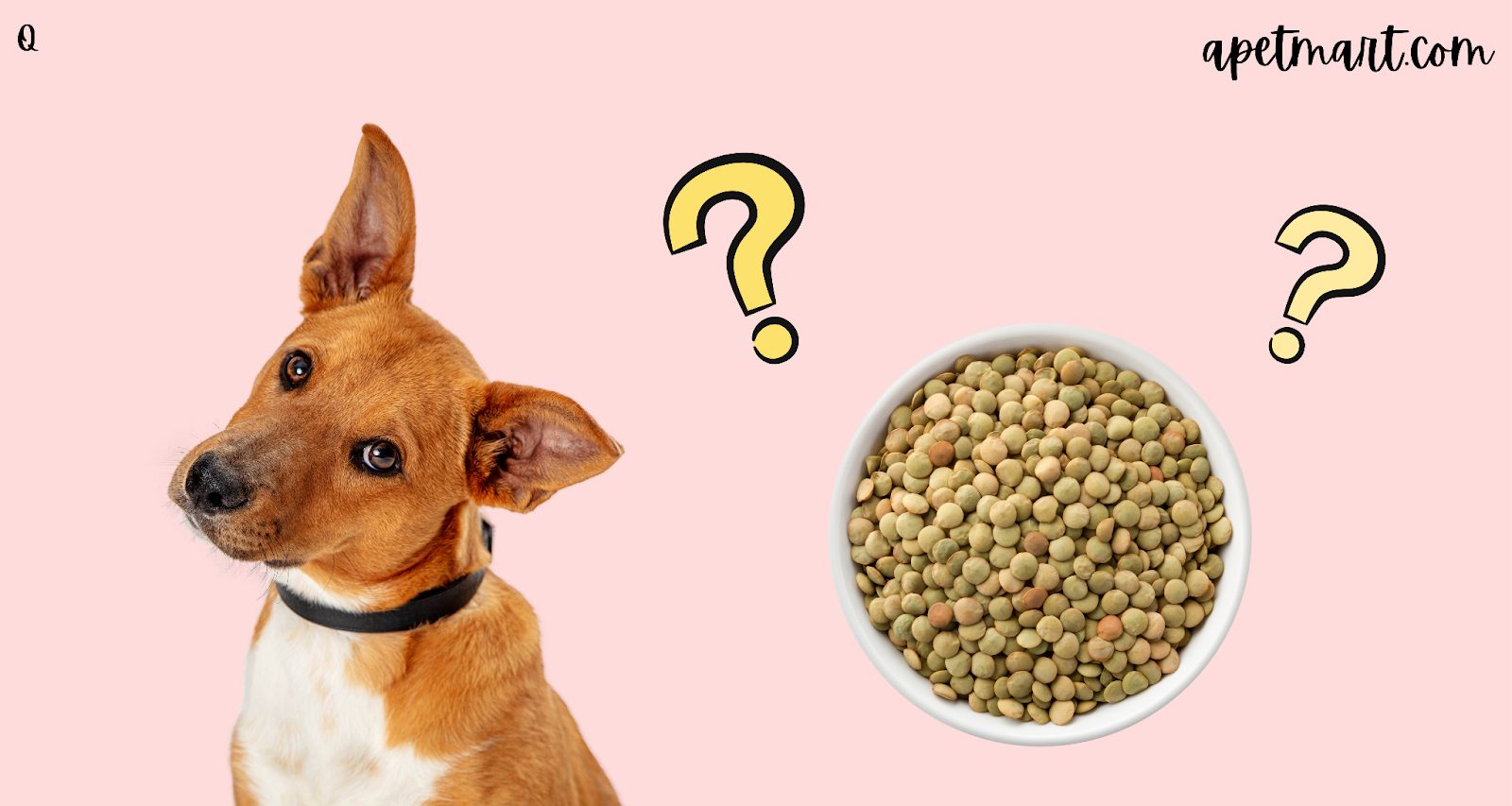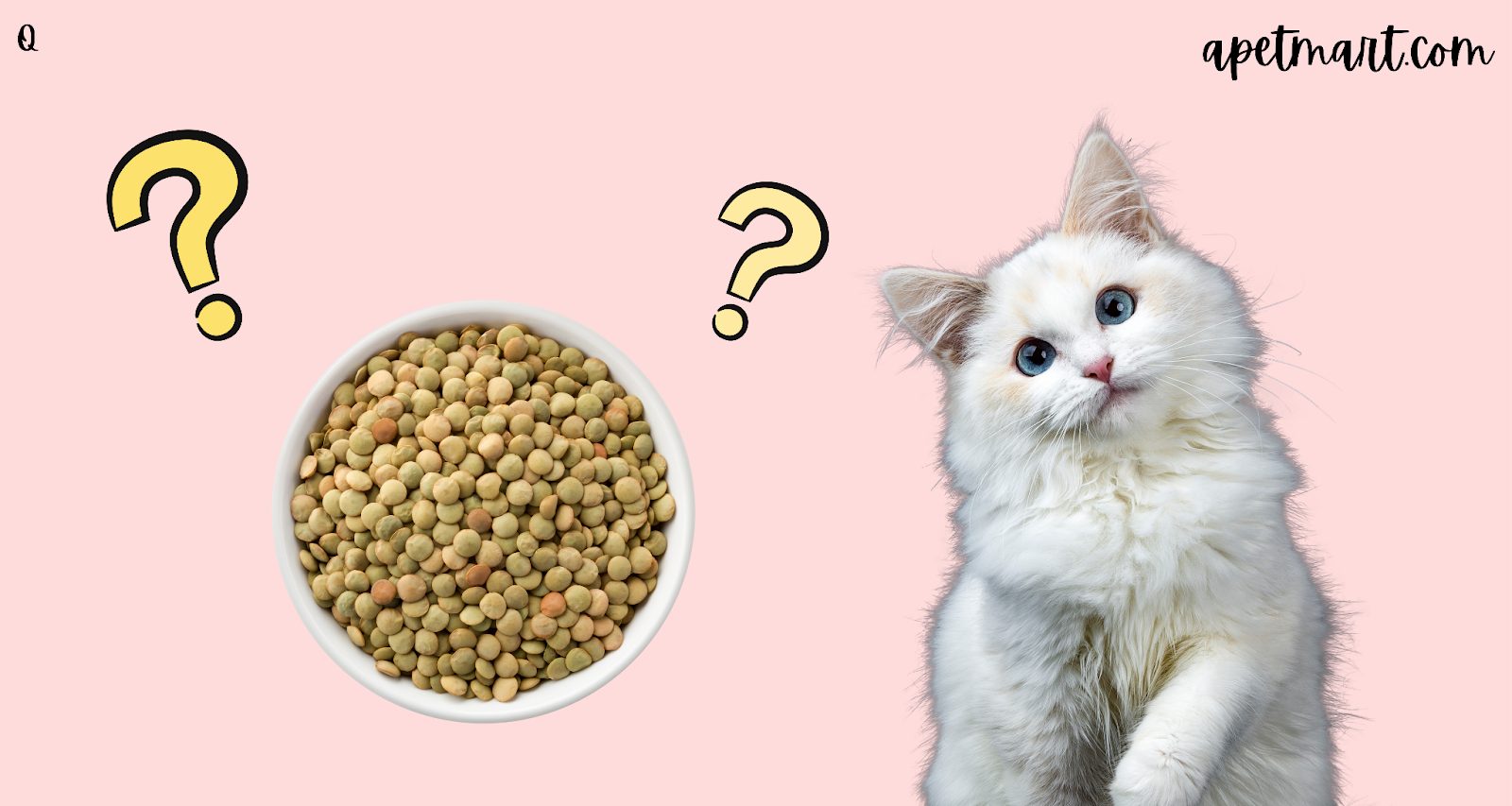
Grain-free dog food has become widely available in the market. Some believe that a grain-free diet is healthier than traditional dog food, while some state that it could cause potential harm than good. If you have ever wondered if a grain-free diet is for your dog, this blog post is for you.
Many people are under the impression that dogs are carnivores. However, in fact, dogs are omnivores who need to consume a balanced diet of plants and meat to stay healthy.
Advantages of Grain-free Dog Food
Easily Digestible
Dogs are unable to digest some grains, such as corn if they lack amylase enzymes. Amylase is crucial when it comes to breaking down starch and carbohydrates. Thus, they might suffer from gastrointestinal problems if they do not have adequate amylase enzymes. In this case, you might want to consider feeding your dog grain-free foods.
It is Less Allergenic
Some dogs can be allergic to grains. Thus, a grain-free diet can prevent food allergies. Food allergies can cause intestinal problems to dogs. If your dog is known for food intolerance, you can try to start them on a grain-free diet.
Beneficial for Dogs with Diabetes and Cancer
Carbohydrates lead to increased blood sugar levels. Among other things, this can lead to weight issues which can put their lives at risk. A grain-free diet which is lower in carbohydrates is ideal for dogs with diabetes and cancer.
It Supports a Healthy Coat and Skin
The natural oils that a dog’s skin produces are essential to keep their fur healthy. These oils spread from the skin up to the rest of the follicle. It protects the hair and strengthens it. Their skin needs aid to produce the best oils. Getting the right kinds of oils in their diet can help them produce the best oils. For instance, Omega-3 fatty acids are perfect. It is available in greater supply in grain-free food which usually contains more animal fats.
When a Grain-Food Diet is Not for Your Dog
Not Ideal for Less Active Dogs
Grain-free dog food can help boost activity levels of a canine. If your dog is a senior, it is not recommended to put them on a grain-free diet because they do not require that kind of energy provided. Grain-free diets which contain significant amounts of proteins can make older or less active dogs overweight. Alternatively, you can select the healthy weight version or senior version of a grain-free diet.
Challenging for Picky Eaters
Sometimes your dog may not like grain-free foods. Therefore, if your dog has been on a grain-based diet, they might take some time to get used to grain-free foods. Do take note that, if they keep avoiding it, then you should consider feeding them the foods they enjoy.
Do you want to learn more about grain-free dog food? Watch this informative video by The Tattooed Dog Trainer to learn more!































